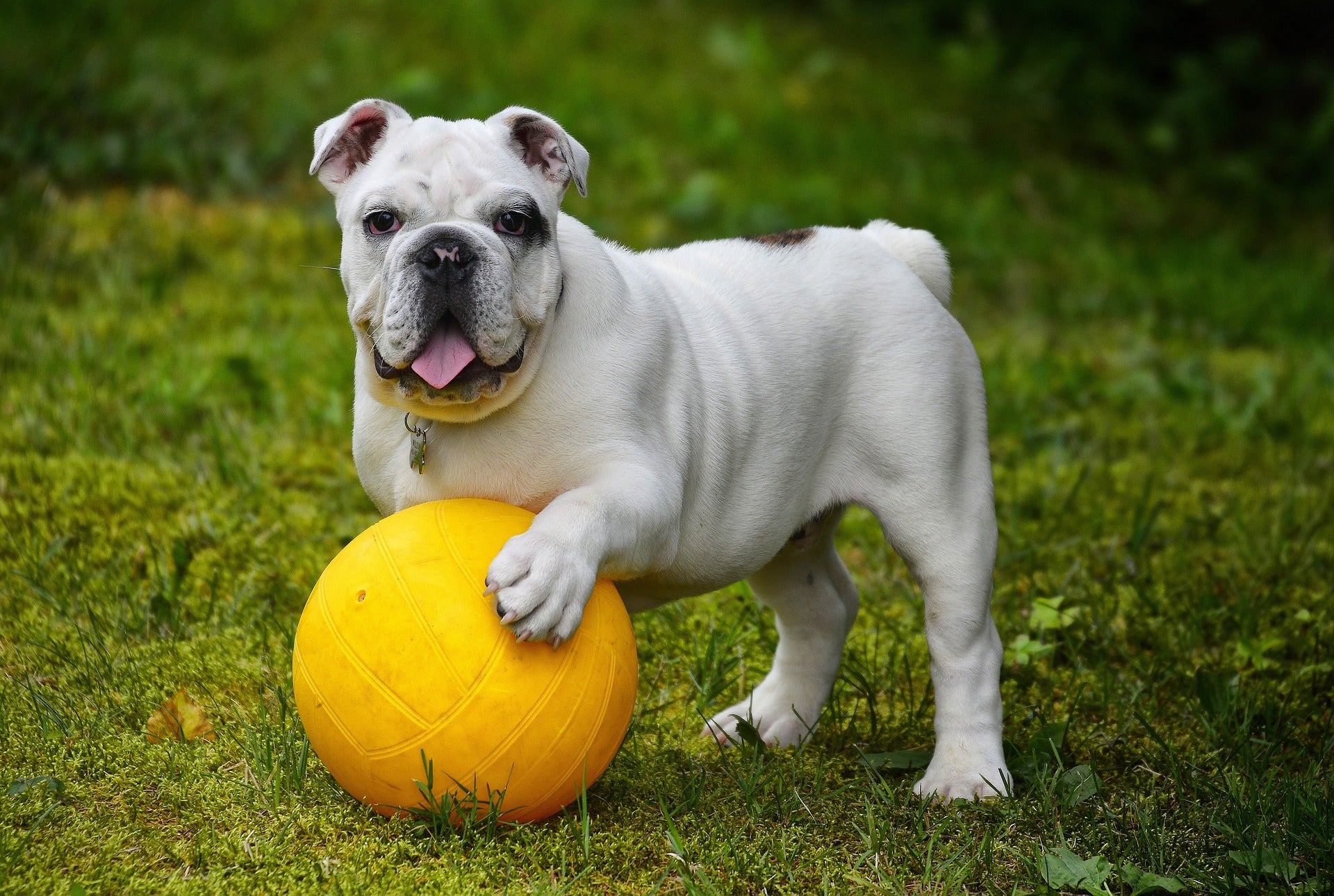Championing the best possible care
and purest quality products for your pet.
Isn't it just wonderful how our pets fill our days with joy? They're not just pets; they’re our companions, confidants, and often the best part of our day. With that in mind, we're delighted to introduce a little something special - our "Pet Prize Draws", in which you could win £400 of animal food for the animal rescue centre of your choice!
Championing the best possible care
and purest quality products for your pet.


Championing the best possible care
and purest quality products for your pet.


Every month we bring you pet news, interesting articles and features, what’s on, handy tips, expert opinions and advice, finance information, pet product promotions, travel, art, fun and games and much more for you to get to know your pet better.
We hope you enjoy reading ‘My Pet Matters’ and wish you all the best for you and your beloved pet.




Your pet may be allergic to outdoor allergens such as pollen and grass, so keep an eye out for signs of irritation: constant chewing or licking of the paws, recurring ear infections, and overall itchy and scratchy skin. Depending on the severity of the allergy, there are both prescription and over-the-counter medications that can treat your pet’s symptoms. Talk to your vet about what options might work best for you.
Seal fertilizer, weed killers, and other lawn-care containers and keep them out of your pets’ reach. Consuming these products could lead to stomach upset, vomiting, or diarrhoea if they get into a bag of product and consume several mouthfuls. Contact your vet or a pet poison hotline if you believe your pet ingested any of these chemicals.
As you begin spring landscaping and gardening, be aware of outdoor plants and trees that are toxic to animals. Look out for Japanese yew trees, which contain toxins that can cause heart rate and blood pressure issues if ingested, as well as the bulbs of daffodils, tulips, and other flowers,. They can cause stomach upset or obstruction issues if dug up and consumed.
Keep your pet up-to-date on flea and tick medication this spring. Location, pet health, and ease of application all play a role in the right medication for your pet, so discuss your options with your vet. Many tick products kill the pest before it can transmit Lyme or other tick-borne diseases, but you should still remove a tick as soon as possible. Comb or brush your pets thoroughly after extended periods of time outside, especially in heavily wooded or bushy areas.
Every month we bring you pet product promotions, news, interesting articles and features, what’s on, handy tips, expert opinions and advice, finance information and much more. Don't miss out.....
This website uses cookies to personalize and improve your experience.
Your cart is empty
Spend another £50.00 and get free shipping!